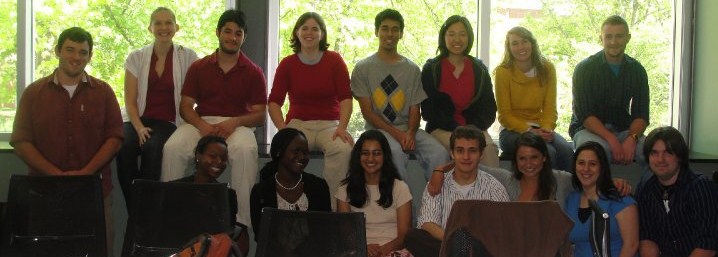Team:Virginia United/Team
From 2010.igem.org
(Difference between revisions)
(→Who we are) |
(→Who we are) |
||
| Line 113: | Line 113: | ||
'''Advisors:''' | '''Advisors:''' | ||
*''' Instructor 1''': Jean Peccoud | *''' Instructor 1''': Jean Peccoud | ||
| - | *''' Instructor 2': Martha Eborall | + | *''' Instructor 2''': Martha Eborall |
*'''Grad 1''': George McArthur | *'''Grad 1''': George McArthur | ||
*'''Grad 2''': Matt Lux | *'''Grad 2''': Matt Lux | ||
Revision as of 00:52, 26 October 2010
 "
"






